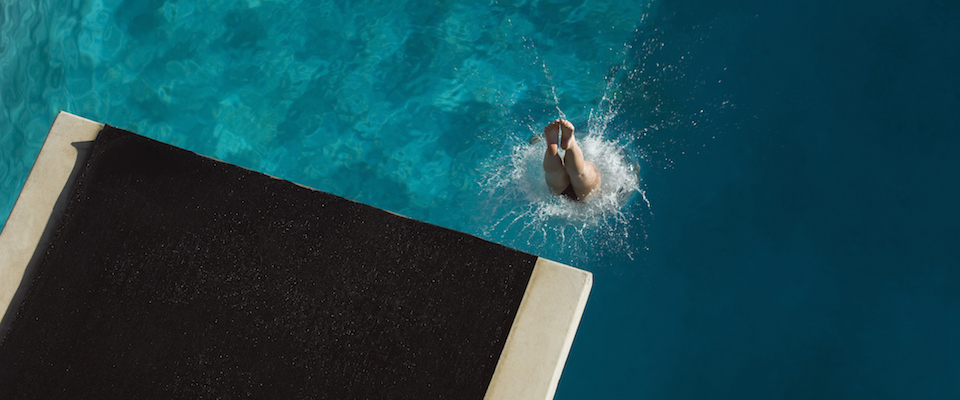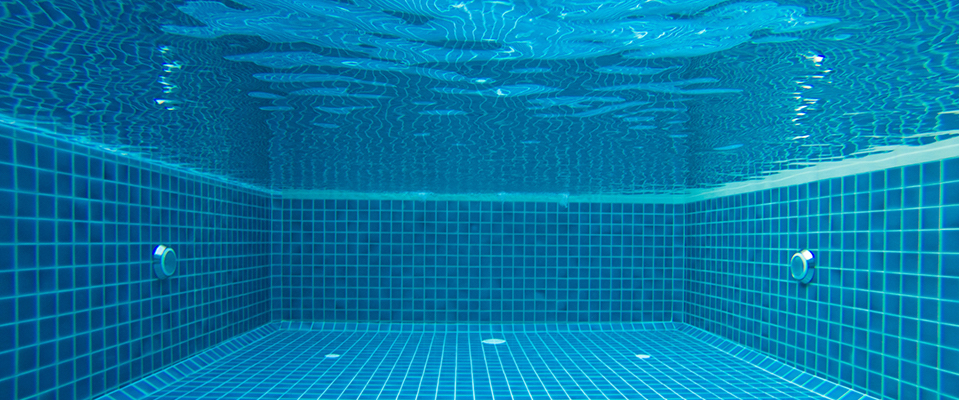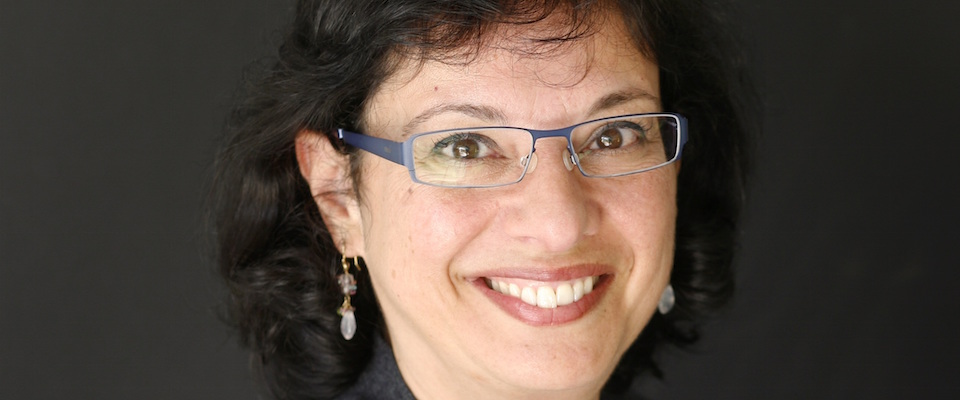When I was five years old, I was entered into my first swimming competition.
Waiting for my event to begin, I stood at the edge of the pool, nervous and unsure of myself. The buzzer went off, and I dove into the pool. I swam my heart out, loving the feeling of adrenaline coursing through my veins. The cheering of the crowd was muffled underwater, making me feel a world away. As I reached the end of the pool and the race, I raised my head out of the water and the sounds of the crowd burst back to full volume.
I felt amazing. I felt powerful. I felt that my hard work had paid off. Even at the age of five, having dipped my toe (literally) in something new, I felt empowered to continue trying new things. I placed bronze in my first race. Not bad.
That swim meet was part of the Dwarf Athletic Association of America (DAAA) games. DAAA (or “D triple-A,” as we call it) was founded in 1985 with the goal of giving people of short stature the opportunity to compete in athletic events at a high level. I am a little person.
As a little person, I was often stared at, teased, and bullied. Strangers would take my picture. These experiences were very hard on my self-esteem, especially as a child.
After that first swimming event, a DAAA board member suggested I join the average-height swim team in my hometown of Mill Valley and train with them. I became a proud member of the Strawberry Seals swim team. I swam with the Seals from age six to 14. Being part of the team reinforced what I learned about myself when I first swam competitively.
The confidence I gained over those yearsl allowed me to jump into new experiences head first.
I signed up for more sports, some of which I had only seen and never played. In high school, I focused on swimming and track and field events (shotput, discus, javelin). With the team sports, my focus was mainly on sportsmanship: When everyone on the team feels included and valued, it sparks a passion in them and their athleticism shines bright.
Needless to say, I was hooked.

In 2008, I was thrilled to be accepted to UC Berkeley. When I got to campus, I signed up for everything and anything I could. I joined the orchestra, Rally Committee, and the Theta sorority. I loved cheering on the Cal Bears as the “O” in California at football games, and working with Professor Michael Dear on the history of the disability rights movement.
I went on to compete at the national level and in the World Dwarf Games (essentially the Olympics for little people) in a wide variety of sports, including track and field, swimming, boccia, badminton, soccer, basketball, volleyball, table tennis, and archery. In fact, between 2001 and 2013, I competed on Team USA in four World Dwarf games in Canada, France, the United States, and Ireland. And in 2015, I was elected president of the DAAA. In August 2017, DAAA’s Team USA will compete in the World Dwarf Games in Guelph, Canada.
And this time, I will not only be president of the DAAA, but also chef de mission of Team USA.

At the 2016 U.S. National Dwarf Games at Boston University over 200 athletes participated. My favorite part was watching our Future soccer games featuring athletes ages four through six. These young athletes ran drills, snaking soccer balls (nearly reaching their knees) through the cones, the majority of them tripping over the ball at one time or another. But with determination on their faces, they’d get back up, play the game, hug their friends, and enjoy the spirit of the sport. It takes me back to my own first nervous jump in the pool.
Lucy Woika is president of the Dwarf Athletic Association of America, and she has a sales job to fund her sporting habit.





















